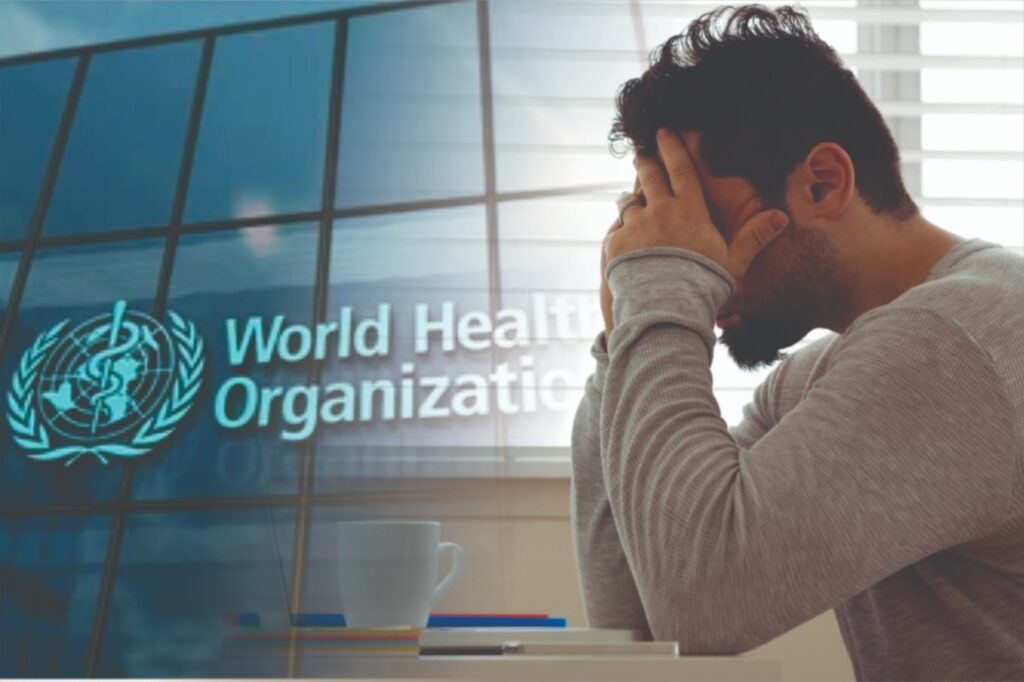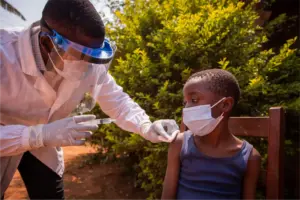
Over the two days, the Executive Board of the World Health Organisation will be seated this week and will talk over some important health concerns affecting people all around the world. Future policies and actions will be shaped by discussion into improved worldwide health.
Key Talking Topics
Noncommunicative Disorders and Mental Health
Death and causes have seen over 75% all-around the world for heart disease, cancer, diabetes, chronic respiratory illness with noncommunicable diseases. Executives from many backgrounds gather to examine changes in those three diseases mentioned: diabetes, dental health, mental health-under discussion of what has so far been changed globally at WHO with lobbying for extensive use of vaccination HPV vaccination aimed in preventing female cervical cancer.
Dermatology Illiteracy
Millions of people suffer with these disorders, most of which cause societal shame. Among the challenges in infectious skin diseases are leptospirosis, MPox, and rising rates of sexually transmitted illnesses.
Social ties
Social isolation has significant consequences on mental and physical health, which increases the risk of heart disease, stroke, anxiety, and depression at great degree. Designed to release its first report in June 2025, WHO has established the Global Commission on Social Connection.
Environmental Welfare and Air Pollution
Environmental elements cause millions of deaths by means of toxic exposure to poisons and pollution of the land. WHO keeps cooperating with different nations to try to stop the spread of dangerous exposures into the nearby areas. The board has also asked reviews on issues related to air pollution, thereby aiming at billions by reducing the probability of chronic and infectious diseases.
Issues in the Health Care Professional Body
Globally, more than 70 million health professionals are at disposal. In low-income nations, major concerns are staff retention, working conditions, and education. WHO supports ethical hiring to assist systems of healthcare.
Falsified and inadequate drugs
In low- and middle-income nations, about 10% of medications sold are either counterfeit or substandard. These kinds of medications seriously compromise health. The Global Surveillance and Monitoring System reported 60% increase in instances throughout the past two years. Who is working with national governments to guarantee no dangerous medications find their way onto the market?
Mother’s and Newborn’s Health
Every two minutes, problems resulting from pregnancy and childbirth kill a woman; most of them are avoidable. After delivery, millions of women experience lifetime health issues and lack the treatment they are due. In 55 countries the WHO is striving to enhance health care for mothers and newborns. World Health Day in 2025 will feature this theme as the call to action.
Emergencies in Health & Universal Coverage
It is helping to end health crises; disease outbreaks also strike Gaza, Haiti, Sudan, and Ukraine among areas of conflict. Of African public health emergencies, 56% occurred in line with climate change between 2001 and 2021. Half of the world’s population lacks access to basic health treatments in meanwhile. Many find their financial load over medical expenses burdenserous. WHO is collaborating with nations to enhance their health systems and increase the availability and affordability of their medical services.
Focusing on these key health issues, WHO strives to create policies and initiatives having actual influence on the state of the planet.








